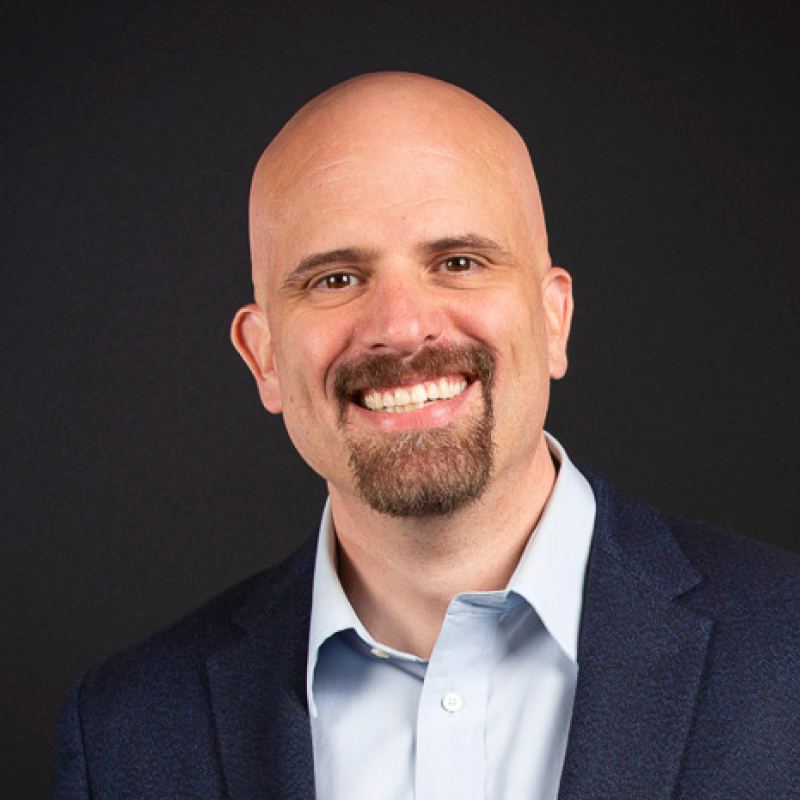Kristian Stout to Testify on Civil Asset Forfeiture Reform Before the N.J. Senate Law & Public Safety Committee
On Thursday, May 31, 2018 Kristian Stout, Associate Director for Innovation Policy at ICLE, and a member of the State Advisory Committee for NJ to the US Commission on Civil Rights, will testify before the New Jersey Senate Committee on Law & Public Safety. The subject of his testimony is the pending bill, S1963, that would impose greater reporting requirements on law enforcement agencies in the state of New Jersey when they seize property as part of civil asset forfeiture proceedings.
From his submitted testimony:
The general thrust of my comments today is that bad incentives exist in the law enforcement practice known as Civil Asset Forfeiture (“CAF”) that lead to violations of our citizens’ civil rights. Without the support of the New Jersey legislature, it will be next to impossible to identify where and how those incentives are working to undermine our justice system. Thus, S1963, and its counterpart in the General Assembly, A3442, provide a crucial first step in the process of coming to understand how CAF is practiced in New Jersey, and where our legislature will need to look next to root out any systematic injustices being perpetrated through CAF programs…
[T]here are due process protections, guaranteed by the U.S. and New Jersey Constitutions, that are owed to individuals subjected to CAF proceedings. Yet, as CAF programs operate, these protections are systematically undermined. Based on the relevant case law from the Supreme Court, the due process protections are clear: individuals entrusted with protecting the public good, like prosecutors and other law enforcement officers, have an obligation to act on behalf of the community, free from incentives to bend the power of their offices to self-serving ends.
CAF has a place in law enforcement, and can be a useful tool for disrupting criminal networks. There must be, however, systemic protections that disrupt the possibility for bad incentives to work on our public servants.





